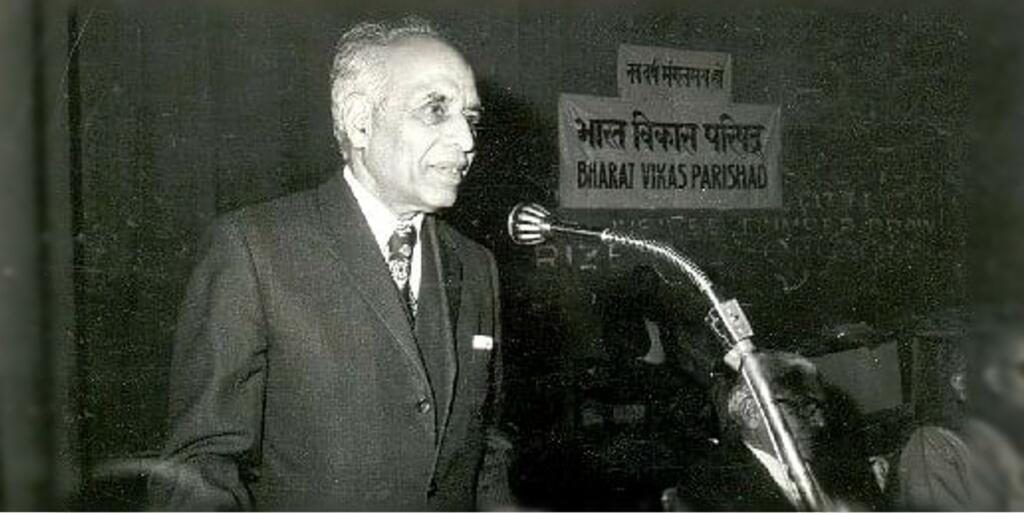It is an undeniable truth that the darkest chapter of Indian democracy was the era of Emergency. But as they say “Every coin has 2 faces”, the declaration of Emergency too gave something good to the nation. It was the first time after the Independence that people realised that although they choose the government, there is a need to put checks and balances on them. People also understood that, the native domestic authoritarian can be more fatal than the foreigner ruler. But the best thing that Emergency gave India is an awakened Judiciary with the guidance of judges like Justice Hans Raj Khanna.
Declared Emergency
In 1975, Indira Gandhi, the late Prime Minister of India, was removed from her position due to allegations of corruption. As a result, she was barred from holding any elected office or voting in the Lok Sabha, the lower house of Parliament, for a six-year period, rendering her powerless. Faced with opposition hostility and the possibility of losing her position, Gandhi urged President Fakhruddin Ali Ahmed to declare a state of emergency, citing internal disturbances that threatened India’s security.
Article 359 of the Constitution was invoked, which suspended the right to enforce fundamental rights. This was followed by the detention of opposition party leaders without due process. As a result, several writ petitions were filed in various courts throughout India.
The consequential legal battle that ensued became known as the Habeas Corpus Case, presided over by a Five Judge Bench headed by CJI A.N. Ray, and featuring Justice Beg, Justice Chandrachud, Justice Bhagwati, and Justice Hans Raj Khanna.
With the exception of Justice Hans Raj Khanna, the four other judges staunchly and unwaveringly supported the ruling government’s stance, concurring that no individual could challenge their detention through a writ of Habeas Corpus during a state of emergency. In contrast, Justice Khanna courageously dissented against Indira Gandhi’s oppressive regime, maintaining his unwavering belief that no state possessed the authority to arbitrarily deprive a person of their life and liberty without legal justification.
Also Read: How to Deal with a False FIR Troubles? Fight Back with these Legal Steps
ADM Jabalpur vs. Shivkant Shukla
Justice Hans Raj Khanna was widely recognized for his pivotal role in the landmark case of ADM Jabalpur v. Shivkant Shukla AIR 1976 SC 1207, a dark period for the Indian judiciary. The Supreme Court’s ruling, which affirmed that Article 21 guarantees the right to life and personal liberty, was rendered even more significant due to the context of the emergency provisions of Article 359, which suspended this constitutional right without judicial review.
In contrast, Article 358 had a broader scope, as it allowed for the complete suspension of fundamental rights, but did not necessarily entail the suspension of Article 21. Despite his upstanding ethical conduct in challenging the government’s actions during the emergency, Justice Hans Raj Khanna was ultimately dismissed from his position as chief justice by Prime Minister Indira Gandhi.
Support TFI:
Support us to strengthen the ‘Right’ ideology of cultural nationalism by purchasing the best quality garments from TFI-STORE.COM
